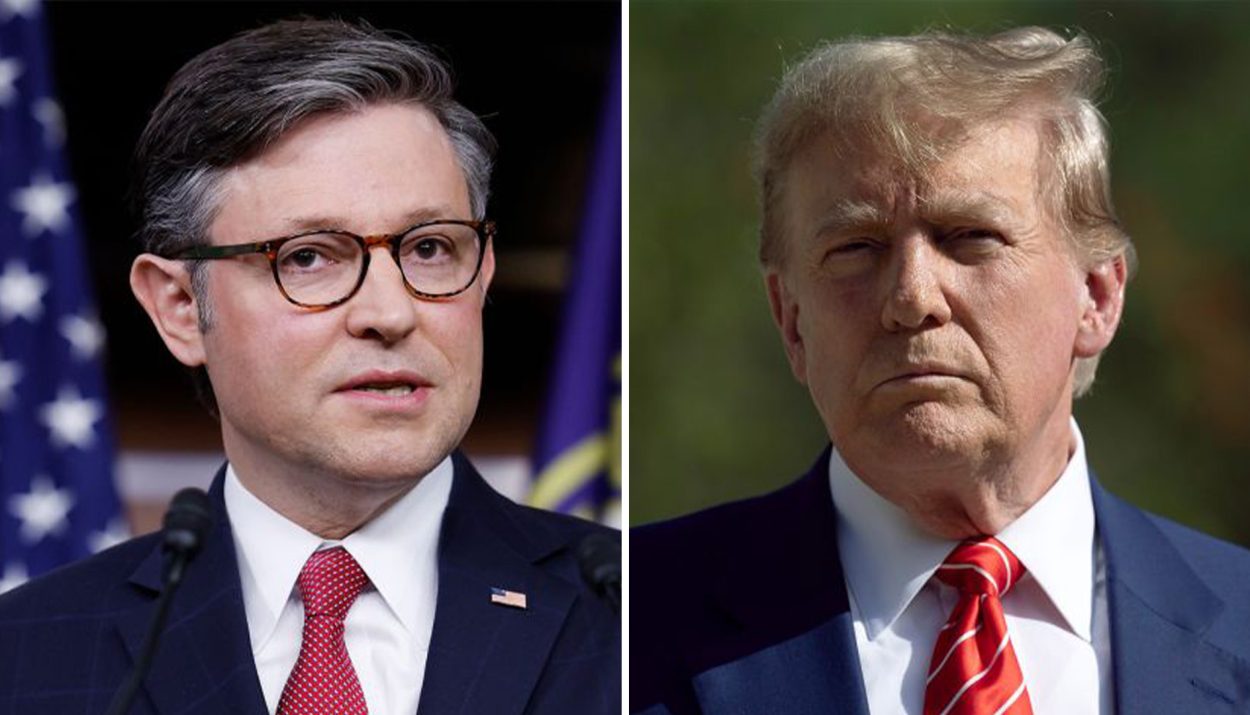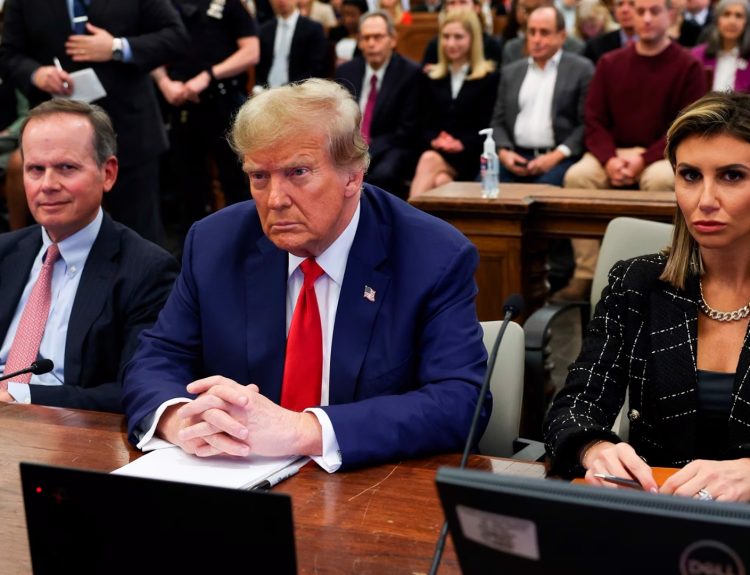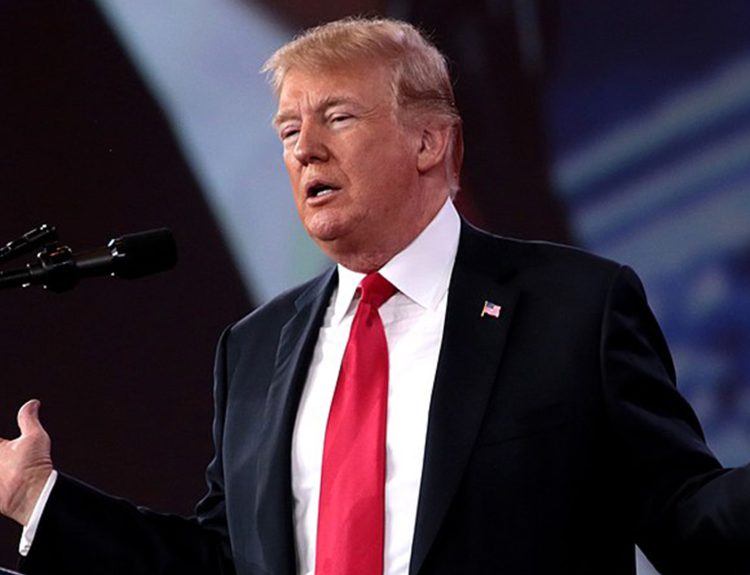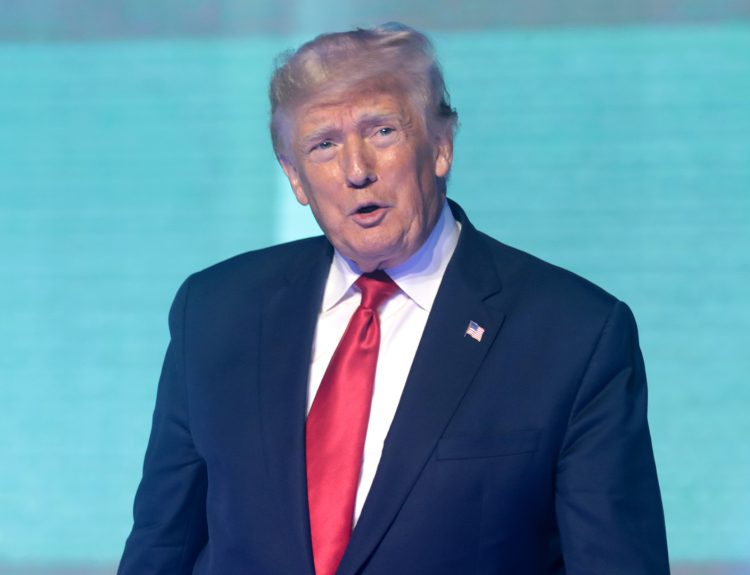In a surprising turn of events, House Speaker Mike Johnson and former President Donald Trump are joining forces to promote a bill aimed at preventing non-citizens from voting in federal elections. The unlikely duo is set to hold a joint press conference at Trump’s Mar-a-Lago residence, where they will rally support for this controversial legislation.
Johnson and Trump to Tout Non-Citizen Voting Bill at Mar-a-Lago
House Speaker Mike Johnson, R-La., will travel to former President Donald Trump’s Mar-a-Lago residence on Friday to promote a bill that seeks to prevent non-citizens from voting in federal elections. The joint press conference is an effort to “elevate the issue of non-citizens voting” and rally Republican lawmakers to “get on the team” regarding election security, according to a person familiar with the planning.
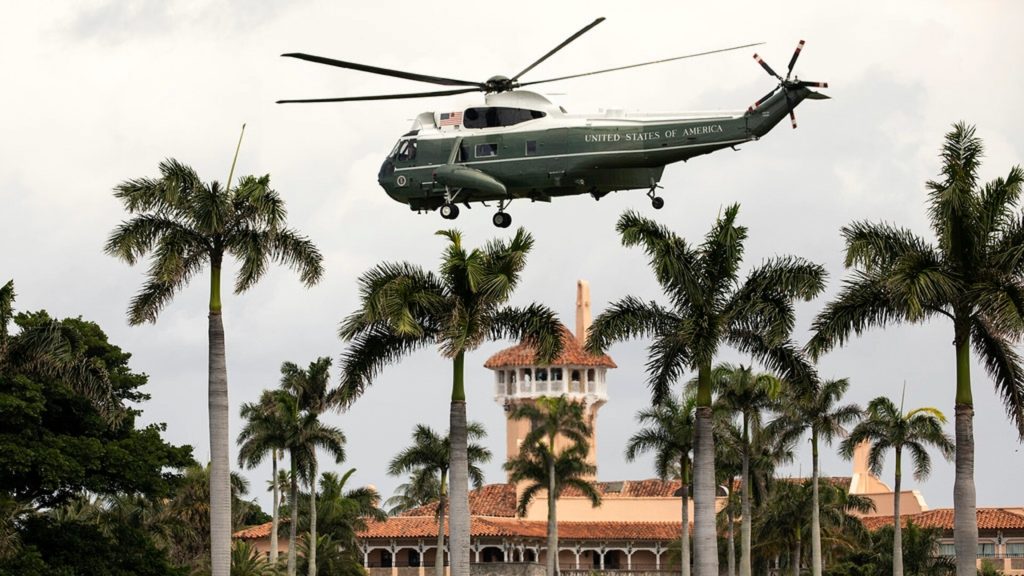
However, critics argue that the bill is unnecessary, as non-citizens are already prohibited from voting in federal elections in the United States. According to the Bipartisan Policy Center, no state currently allows non-citizens to cast ballots in state-level elections either, though some municipalities may have their own rules for local races.
Trump’s False Claims of Widespread Voter Fraud Persist
The former president has long perpetuated false claims of widespread voter fraud in the 2020 presidential election. Trump currently faces two criminal cases – one federal and one in the state of Georgia – accusing him of attempting to steal the election from President Joe Biden. Despite pleading not guilty in both cases, Trump continues to push the narrative of election irregularities.
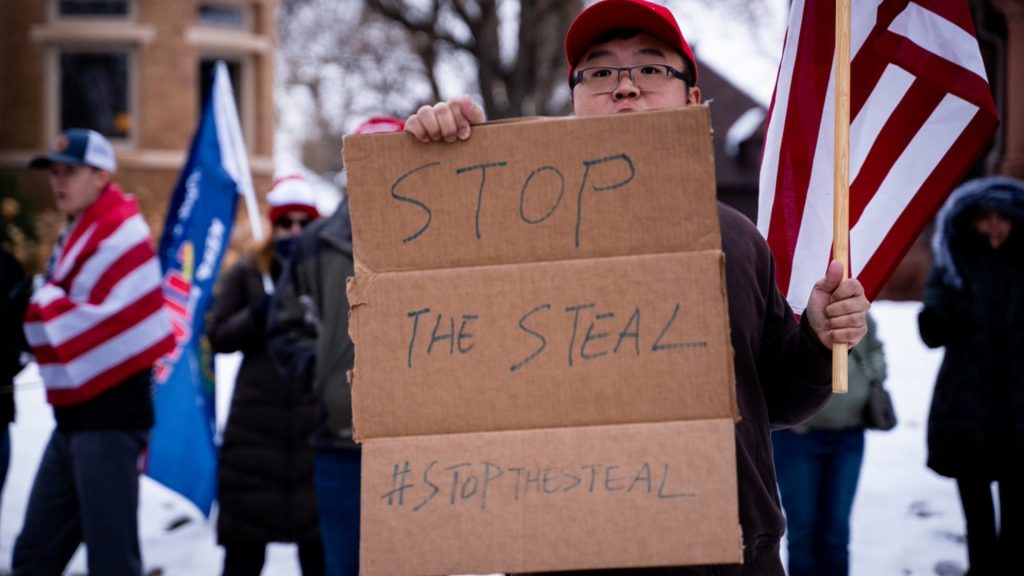
The bill supported by Trump and Johnson comes at a time when House Republicans are striving to present a united front ahead of the 2024 elections, despite the chaos that has often consumed the lower chamber. The event at Mar-a-Lago will be the first public appearance of the two Republicans together.
Johnson Faces Ouster Threat and Ultraconservative Backlash
Speaker Mike Johnson’s decision to promote the bill with Trump comes at a critical moment for his speakership. The top House Republican is currently facing an ouster threat from conservative firebrand Rep. Marjorie Taylor Greene, R-Ga., and has also drawn the ire of other ultraconservatives in the House.

This week, nineteen House Republicans shot down a procedural step known as a “rule” vote on a controversial spying law, effectively freezing the House and leaving the legislation in limbo. The GOP rebellion highlights the challenges Johnson faces in maintaining unity within his party.
Non-Citizen Voting: A Closer Look at the Facts
While the bill promoted by Johnson and Trump aims to prevent non-citizens from voting in federal elections, it is essential to examine the facts surrounding this issue. As previously mentioned, non-citizens are already prohibited from voting in federal elections, and no state currently allows non-citizens to vote in state-level elections.
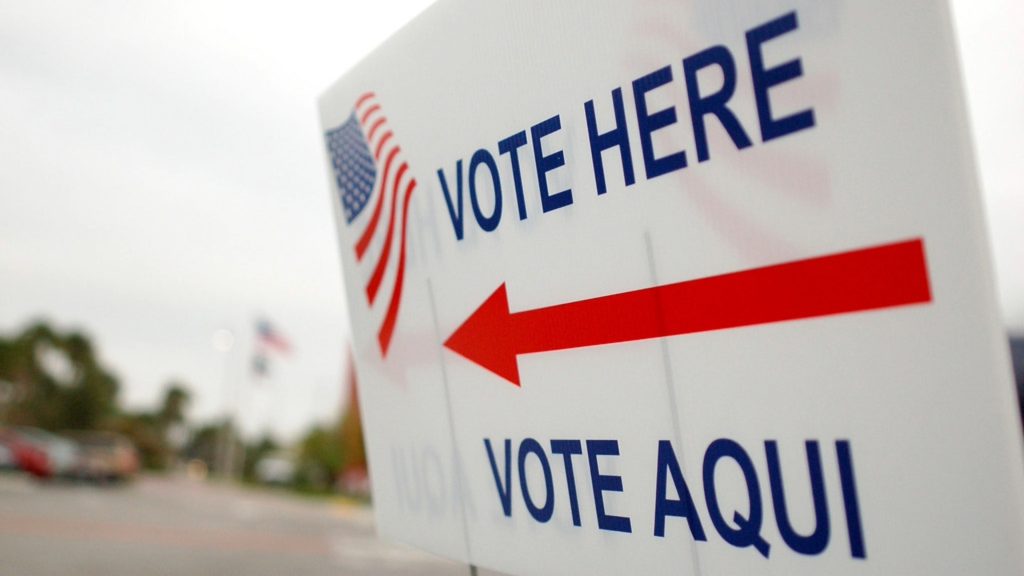
However, some municipalities may have their own rules for local races, allowing non-citizens to participate in elections that directly impact their communities. Critics argue that the Johnson-Trump bill is a solution in search of a problem and may serve to further polarize the electorate.
The Unlikely Alliance: Johnson and Trump’s Political Calculus
The joint press conference at Mar-a-Lago marks an unlikely alliance between House Speaker Mike Johnson and former President Donald Trump. While both are Republicans, they have had their differences in the past, particularly regarding Trump’s false claims of election fraud.
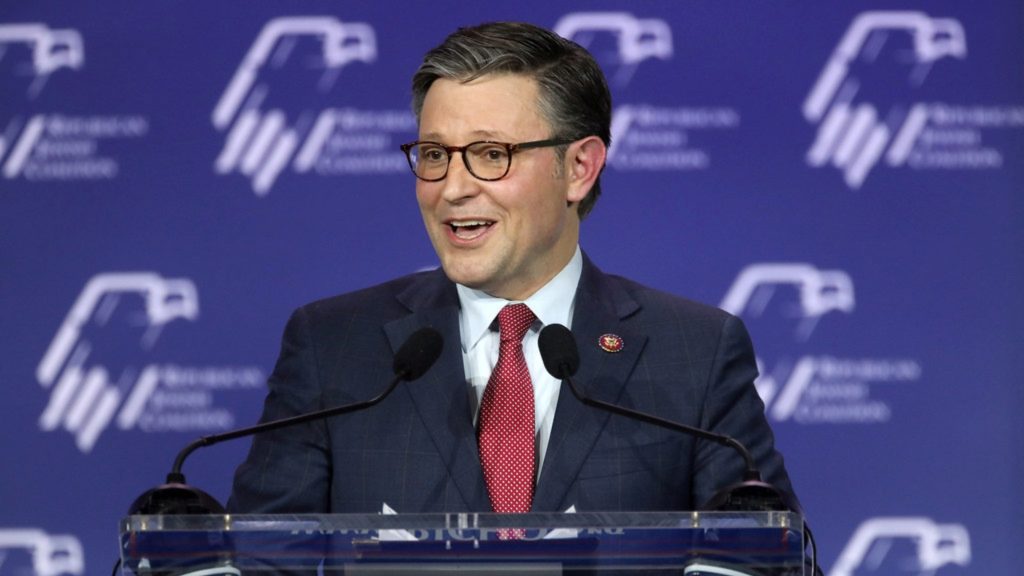
For Johnson, promoting the non-citizen voting bill with Trump may be a calculated move to shore up support among the former president’s base and quell the rebellion within his party. Trump, on the other hand, may view the event as an opportunity to continue pushing his narrative of election irregularities and maintain his grip on the Republican Party.
Election Security: A Contentious Issue in American Politics
The issue of election security has been a contentious one in American politics, particularly in the wake of the 2020 presidential election. While there has been no evidence of widespread voter fraud, as claimed by Trump and his supporters, concerns about the integrity of the electoral process persist.
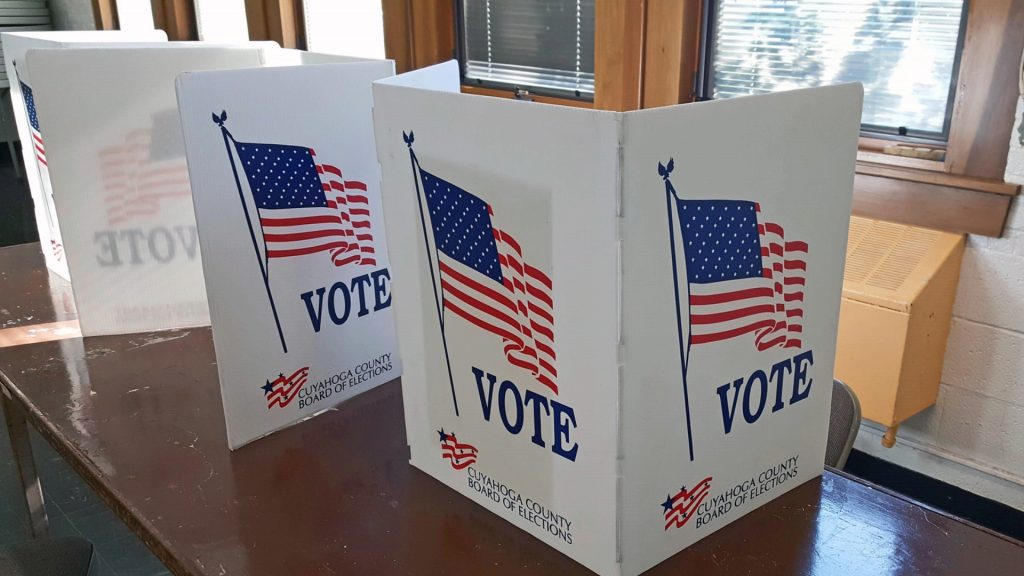
The Johnson-Trump bill, while focused on preventing non-citizens from voting, is part of a larger debate surrounding election security. Critics argue that such measures may disproportionately impact marginalized communities and discourage voter participation.
The Role of Misinformation in the Non-Citizen Voting Debate
As Johnson and Trump prepare to promote their bill at Mar-a-Lago, it is crucial to consider the role of misinformation in the non-citizen voting debate. Despite the lack of evidence supporting widespread non-citizen voting, the issue has been amplified by conservative media outlets and politicians.
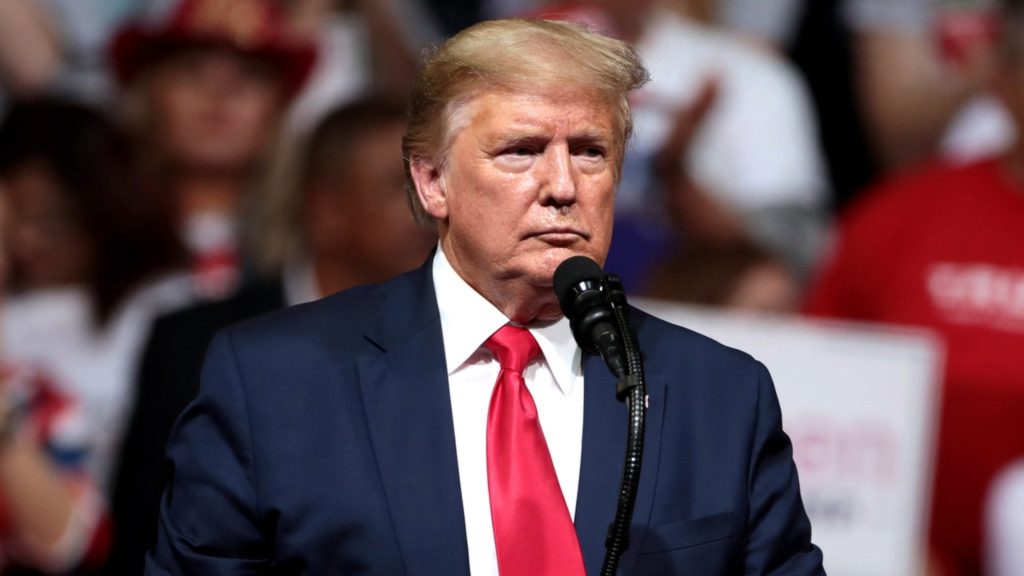
The spread of misinformation can have serious consequences, as it may lead to misguided policies and further erode trust in the electoral process. The public needs to rely on factual information from reputable sources when forming opinions on this complex issue.
The Potential Impact of the Johnson-Trump Bill
If the bill promoted by Johnson and Trump were to become law, it would likely have little practical impact on the electoral process, given that non-citizens are already prohibited from voting in federal elections. However, the legislation could have significant symbolic implications.
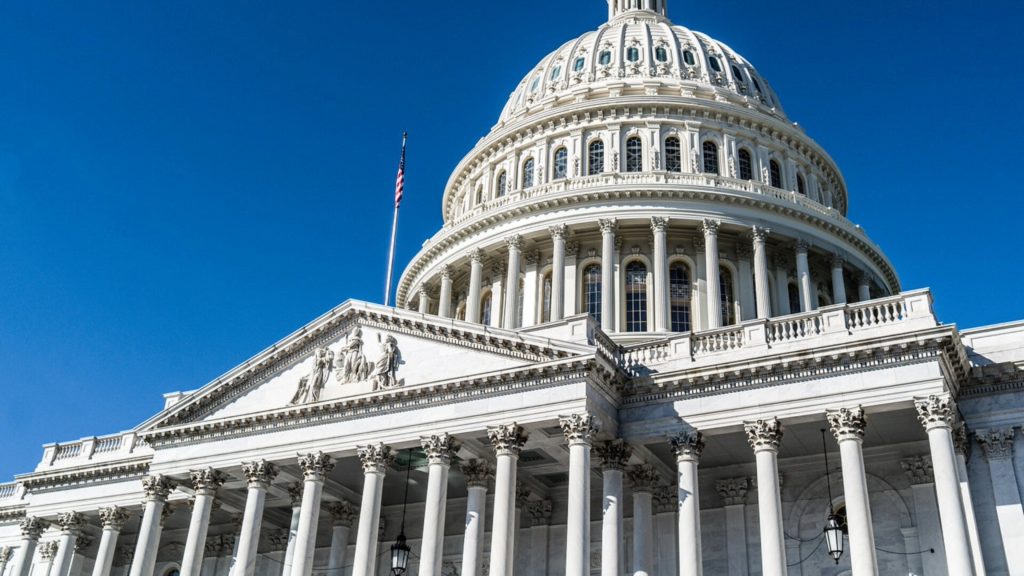
Supporters of the bill may argue that it sends a strong message about the importance of election integrity and the need to protect the voting process from foreign influence. Opponents, on the other hand, may view the legislation as a political stunt designed to appeal to Trump’s base and perpetuate the false narrative of widespread voter fraud.
The Future of Election Security Legislation
As the Johnson-Trump bill garners attention, it is worth considering the future of election security legislation in the United States. With the 2024 elections on the horizon, this issue will likely remain a top priority for both parties.
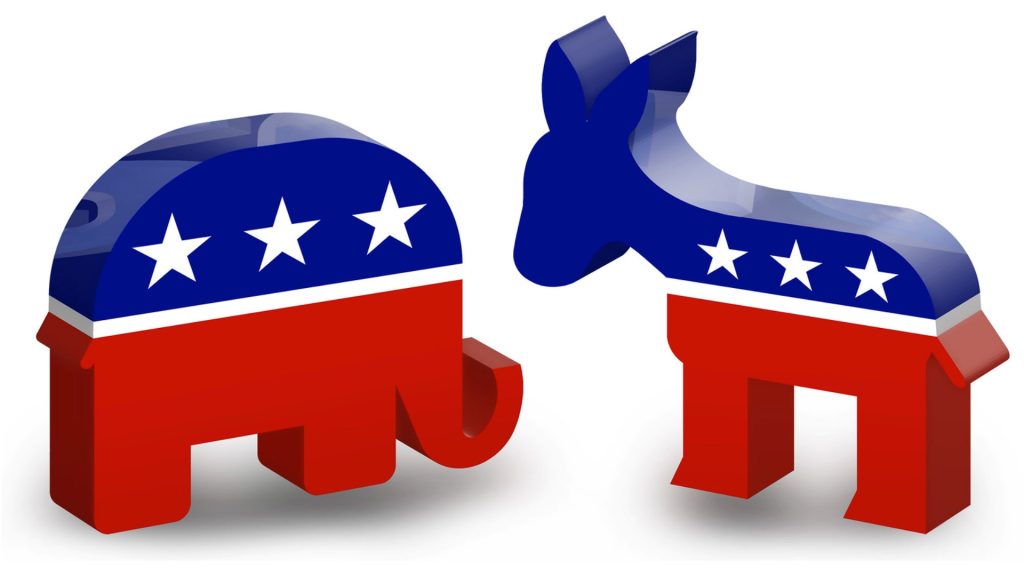
Democrats may push for measures aimed at expanding voter access and combating voter suppression, while Republicans may continue to focus on initiatives like the Johnson-Trump bill, which they argue are necessary to ensure the integrity of the electoral process. Finding common ground on this divisive issue will be a significant challenge for lawmakers in the coming years.
The International Perspective on Non-Citizen Voting
While the Johnson-Trump bill focuses on preventing non-citizens from voting in U.S. federal elections, it is worth examining how other countries approach this issue. In some nations, such as New Zealand and Chile, non-citizens who meet certain residency requirements are allowed to vote in national elections.

Other countries, like the United Kingdom and Australia, permit non-citizens to vote in local elections but not in national races. The varying approaches to non-citizen voting around the world underscore the complexity of the issue and the need for nuanced discussions on the topic.
The Historical Context of Non-Citizen Voting in the U.S.
The debate surrounding non-citizen voting in the United States is not a new one. Non-citizens were allowed to vote in some states and territories during the early years of the republic. It wasn’t until the early 20th century that states began to prohibit non-citizen voting.
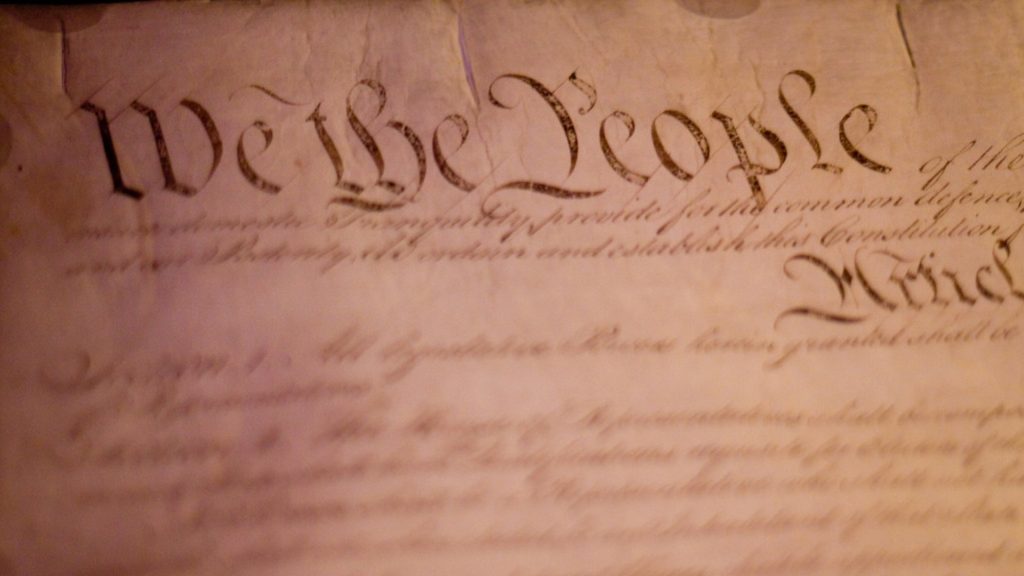
Understanding the historical context of non-citizen voting can provide valuable insights into the current debate. While the Johnson-Trump bill aims to prevent non-citizens from voting in federal elections, it is important to recognize that the issue has evolved and has been shaped by a variety of social, political, and economic factors.
The Importance of Civic Engagement and Voter Education
As the controversy surrounding the Johnson-Trump bill unfolds, it is crucial to emphasize the importance of civic engagement and voter education. Regardless of one’s stance on non-citizen voting, all eligible voters need to participate in the electoral process and make informed decisions.

Efforts to promote voter education and combat misinformation can help foster a more informed and engaged electorate. By providing citizens with accurate information about the voting process and the issues at stake, we can work towards a more robust and inclusive democracy.
The Mar-a-Lago Meeting: A Defining Moment for Johnson and Trump?
As Mike Johnson and Donald Trump take the stage at Mar-a-Lago to promote their bill on non-citizen voting, the eyes of the nation will be upon them. For Johnson, the event represents an opportunity to demonstrate his leadership and rally support among conservatives. For Trump, it is a chance to reassert his influence over the Republican Party and keep his base engaged.
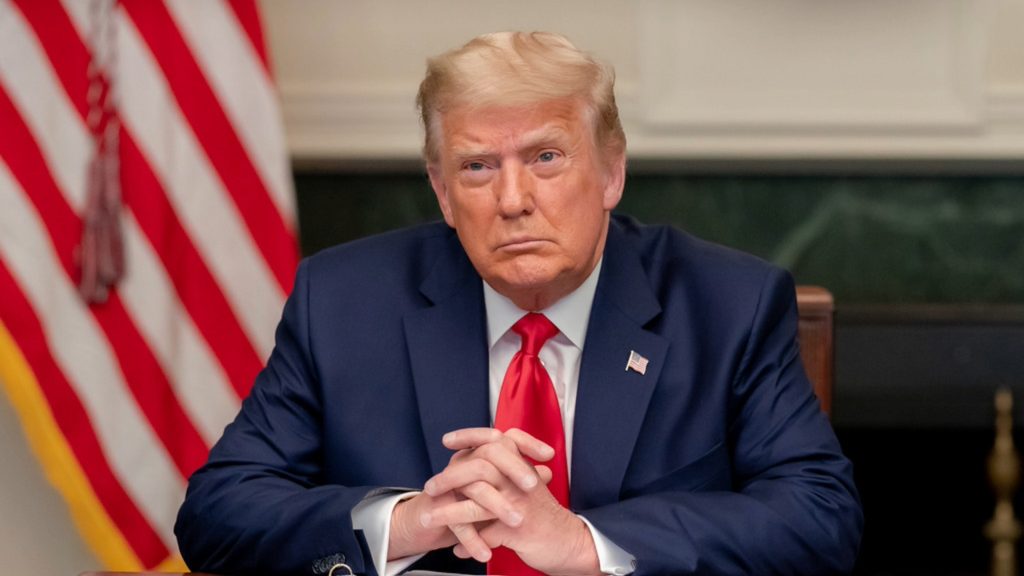
Whether the Johnson-Trump bill gains traction remains to be seen, but one thing is certain: the Mar-a-Lago meeting will be a defining moment for both men and could have significant implications for the future of the Republican Party and the ongoing debate over election security in the United States. As the nation watches, it is up to Johnson and Trump to make their case and convince the American people of the merits of their approach.

